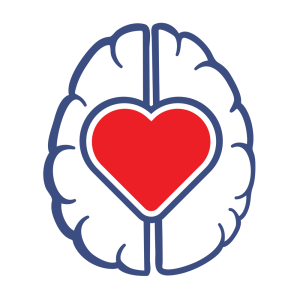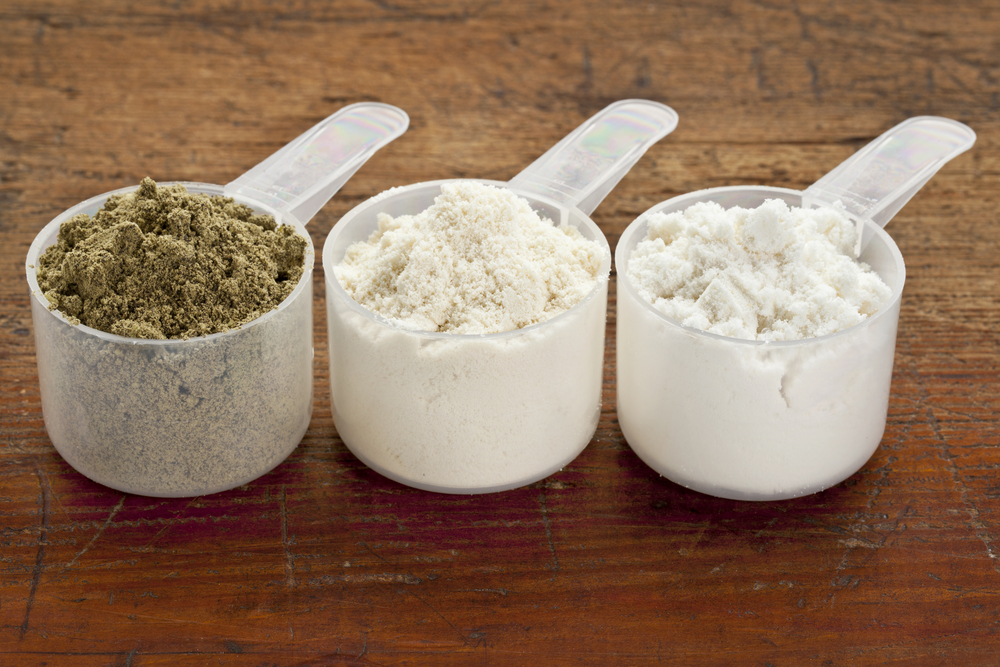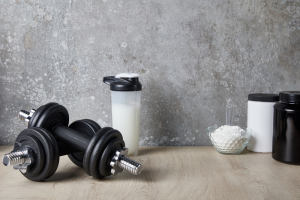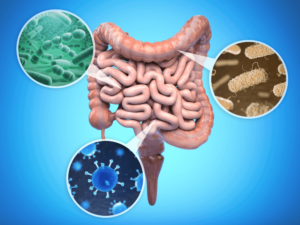
How Are Physical and Emotional Health Connected?
Physical and emotional health are more closely intertwined than most people believe. The connection between your body and mind is real, and your physical health plays an

As an important macronutrient, protein is a vital part of healthy body functioning. Since every body is different, it can be a bit tricky to figure out how much protein you should be consuming. Keep reading to find out how much daily protein you need and, how protein powder may be the perfect solution to your protein problems.
Protein is a macronutrient that is essential for building your muscles, tendons, organs, and skin. Proteins are made up of hundreds to thousands of small units called amino acids. There are 20 different types of amino acids and the sequence of these amino acids determines the unique shape and function of the protein.
Proteins are classified as either non-essential or essential. Non-essential proteins can be produced by the body, meaning we do not need to get them from our diet. Essential proteins cannot be produced by the body, meaning we must get them from our diet.
Proteins make up the structural component of many of our cells and tissues as well as enzymes and hormones. There are many different types of proteins in the body. These proteins can be categorized based on function. Functions that proteins assist with include immunity, chemical reaction transmission, and structural building.
People with protein deficiency display symptoms such as weakness, fatigue, reduced immunity, and brittle hair and nails. Since protein is an essential building block of muscle, people who are deficient for long periods may also lose some muscle mass. Protein deficiency should not be taken lightly. A simple blood test can tell you if you are experiencing a deficiency.
When it comes to protein, you can find complete or incomplete sources. Complete sources of protein contain all of the types of amino acids needed to make new proteins in the body. Incomplete sources usually lack one or more of the nine essential amino acids that our bodies can’t make from scratch.
Animal products such as meats, dairy, and eggs, are great sources of complete proteins. Plant-based foods such as fruits, vegetables, grains, seeds, and beans are usually incomplete proteins. They can be paired together at meals to create complete proteins. But, it can be difficult to do this without a lot of research and information.
Additionally, the human body is optimized to get protein from animal sources, not plants, and some people struggle to properly metabolize some types of plant-based proteins. Vegans and vegetarians must be especially careful about these two issues. They are much more likely to suffer from a protein deficiency than those who eat animal-based products.
An easy way to get protein into your body is through supplements. Supplements can increase protein intake and help build muscle, aid in muscle recovery, and encourage healthy weight loss. It is incredibly easy to add supplements to your diet through smoothies and protein shakes.
Around 10% to 35% of your calories should come from protein. The recommended dietary allowance for sedentary adults is 0.8 grams per kilogram of body weight. Once you reach ages 40 to 50, your needs increase to 1 to 1.2 grams per kilogram to account for the natural process of losing muscle mass. If you are active or do weight lifting, you will also need to consume higher amounts, at around 1.1 to 1.7 grams per kilogram.
As you can see, protein intake should not be taken lightly! This essential macronutrient is responsible for vital life functioning. Without it, your body cannot continue to thrive. Getting your daily dose of protein should not be hard! At Panacea Scientific Institute, we have perfected our recipe for a protein supplement that will provide the essential and non-essential amino acids your body needs. Browse our inventory at Panacea Scientific to see our delicious flavors!

Physical and emotional health are more closely intertwined than most people believe. The connection between your body and mind is real, and your physical health plays an

If you’ve been struggling to lose weight or have trouble stabilizing your blood sugar levels, premium whey protein powder can help you get your weight

Everybody knows that problems with the gut can cause stomach pain and digestive trouble. But are you aware that the good bacteria in your intestines

Payment types accepted:
Visa/MC/Discover/ American Express
© Copyright Panacea Scientific 2020. All rights reserved. | Website by Infinite Web Designs